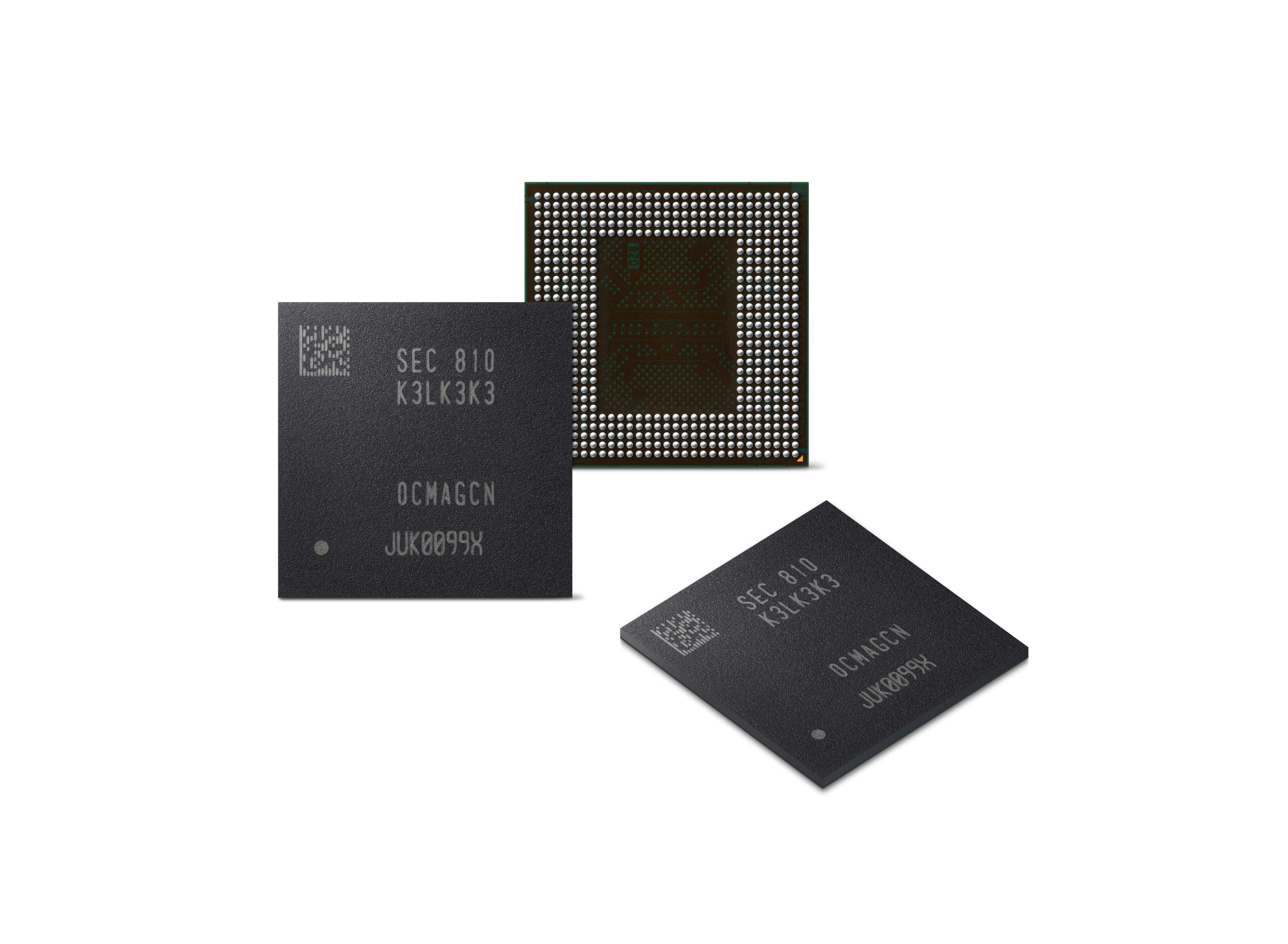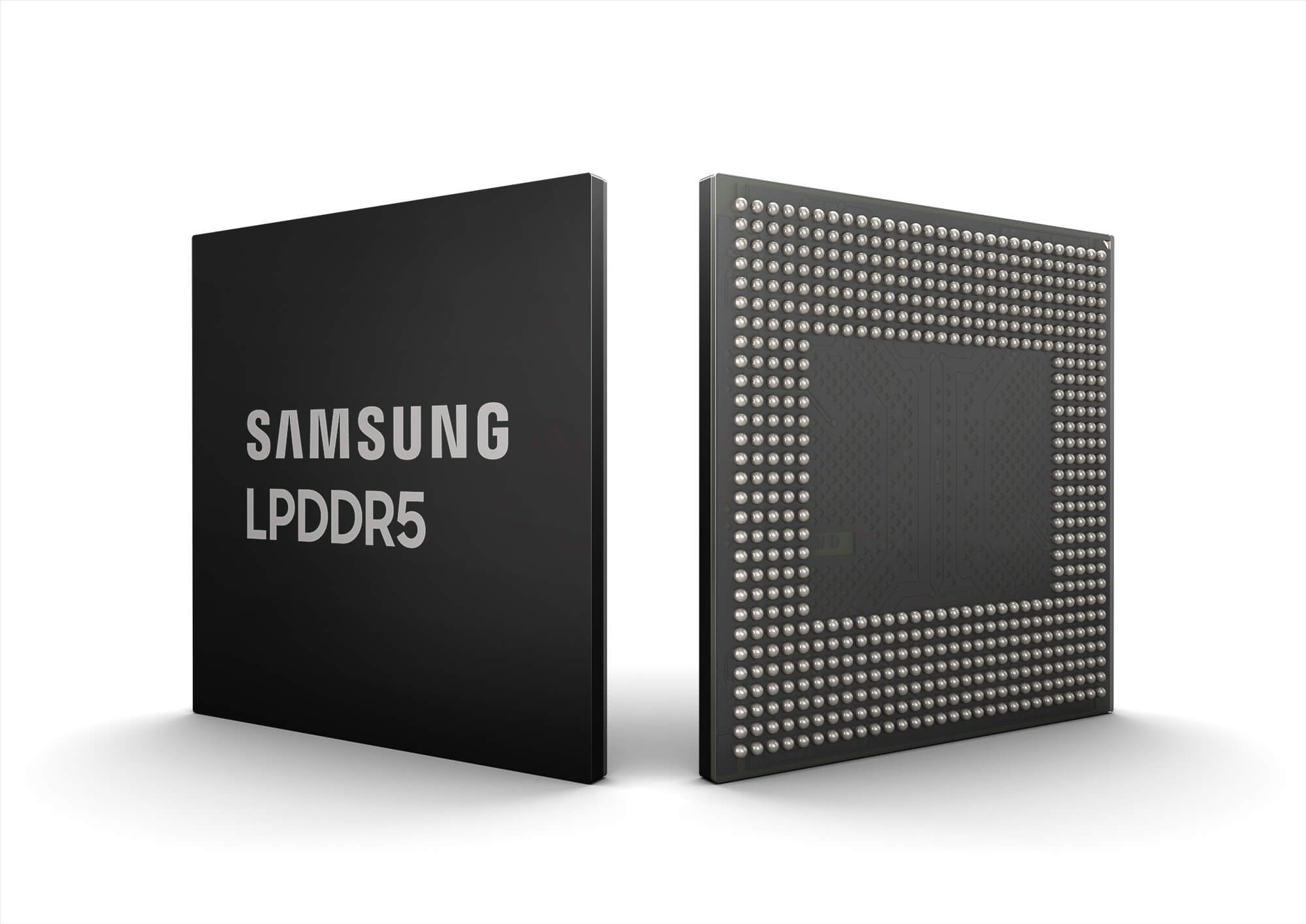Why it matters: Mobile devices have a growing need for more memory as artificial intelligence tools become increasingly complicated to run. Additional battery life is also needed, but performance cannot be sacrificed. LPDDR5 offers higher bandwidth at reduced power consumption that will better meet future software needs.
Even though gaming only requires about 16GB of memory for a high-end experience, there are plenty of other uses that create demand for more memory and faster throughput. For mobile devices, power consumption of each component are also important figures. Samsung Electronics is paving the way to higher capacity memory and higher speeds as it announces 8-gigabit LPDDR5 DRAM.
A single stick of RAM traditionally has used up to 16 DRAM chips that make up the total advertised capacity. Low power systems can make use of SO-DIMMs or may solder chips directly to a motherboard, leaving slightly less space to scale up. Standard power DDR5 is already being offered in capacities that allow for 128GB DIMM modules. Although LPDDR5 cannot achieve the same density now, it is only a matter of time before 16-gigabit and higher capacity chips become available.
One of the key improvements resulting from the transistor shrink is bandwidth. Samsung is able to reach up to 6,400 MB/s when operating at 1.1 volts and 5,500 MB/s at 1.05 volts. The previous generation of LPDDR4X from Samsung only peaked at 4,266 MB/s and required 1.8 volts for maximum performance.

Inside of each DRAM cell, the number of memory banks has been doubled from eight to 16. A new chip architecture is being used, although Samsung has not explained whether it is a modification of the previous generation or an entirely new design for memory.
In order to go for absolute minimum power consumption, a "dark sleep mode" has been added that cuts idle energy use. When in dark sleep, the idle power consumption is roughly half of what it was on LPDDR4X DRAM. Additionally, cells will not be overwritten with zero values. Overall power savings is around 30 percent.
Samsung has shared that it has tested and validated an 8GB module built from eight of its recently announced 8-gigabit LPDDR5 chips. Mass production will begin in Pyeongtaek, Korea where Samsung also intends to produce standard DDR5 and GDDR6 in addition to its low power memory.
